Pablo Escobar: The Rise and Fall of a Powerful Drug Lord
Pablo Escobar: The Rise and Fall of a Powerful Drug Lord
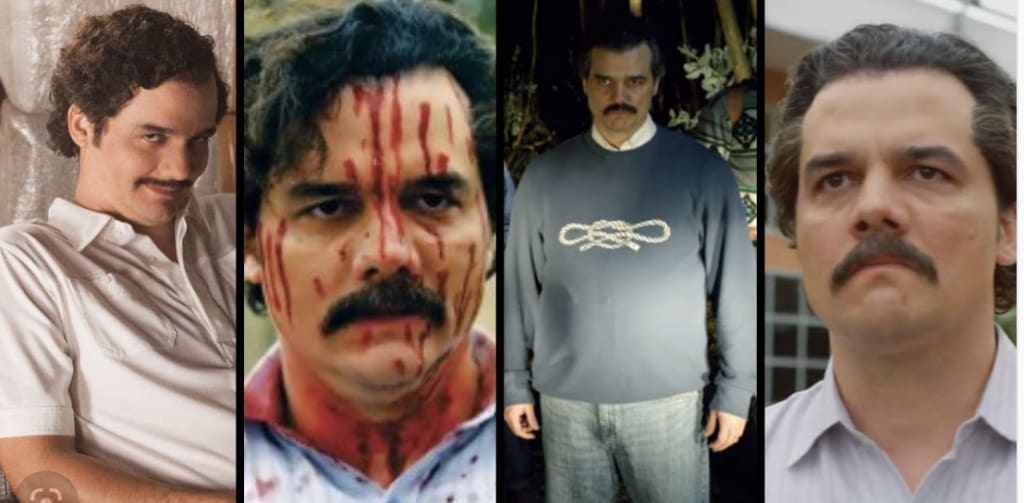
Pablo Escobar: The Rise and Fall of a Powerful Drug Lord
Pablo Escobar was a Colombian drug lord who rose to prominence in the 1970s and 1980s as the leader of the Medellín Cartel, which was responsible for smuggling vast amounts of cocaine into the United States. Born into a poor family in Rionegro, Colombia in 1949, Escobar began his criminal career as a thief and later became involved in the drug trade.
As the head of the Medellín Cartel, Escobar became one of the wealthiest and most powerful men in the world, with an estimated net worth of over $30 billion. He used his wealth and influence to corrupt politicians and law enforcement officials, and he employed a network of armed thugs and assassins to protect his interests.
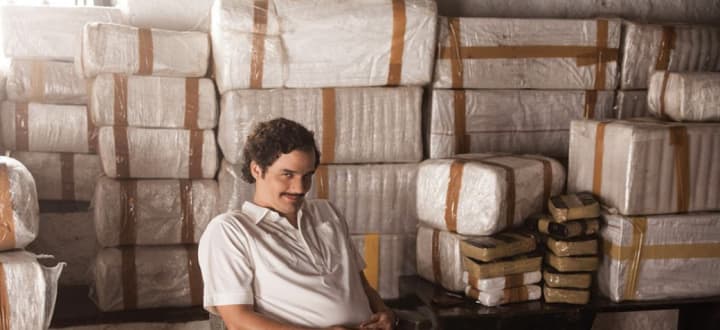
Despite his wealth and power, Escobar was known for his ruthless tactics, including the use of violence and intimidation to maintain control over his empire. He was also known for his philanthropy, and he used his wealth to build schools, hospitals, and other public works projects in impoverished areas of Colombia.
However, Escobar's criminal empire ultimately came crashing down in the 1990s, as the Colombian government, aided by the United States, launched a major crackdown on the drug trade. Escobar was eventually captured and killed in a shoot-out with Colombian police in 1993.
Despite his controversial legacy, Escobar remains a larger-than-life figure in Colombia and around the world, with many people both idolizing and reviling him. His story has been the subject of numerous books, movies, and TV shows, and he continues to be a source of fascination for many people to this day.
As Escobar's power and wealth grew, so did his level of violence and brutality. He was responsible for the deaths of hundreds of people, including politicians, law enforcement officials, and members of rival drug cartels. He was also known for his campaign of terror against the Colombian government and its citizens, using bombings and assassination to try to prevent the government from cracking down on the drug trade.

Despite this, Escobar was able to maintain a level of public support in Colombia, due in part to his philanthropy and his efforts to portray himself as a Robin Hood-like figure who was fighting against the elites. He was even elected as an alternate member of the Colombian congress in 1982, though he was later removed from office due to his criminal activities.
As the 1980s wore on, the Colombian government, aided by the United States, began to take more aggressive action against the drug cartels. In response, Escobar and the Medellín Cartel declared war on the government, leading to a wave of violence and terror that would last for years.
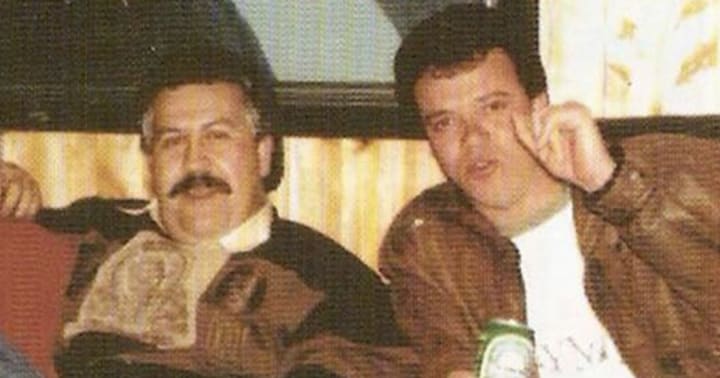
Finally, in 1993, Escobar was tracked down and killed in a shoot-out with Colombian police. His death marked the end of an era, and the Medellín Cartel soon fell apart. However, the drug trade in Colombia continued, and other criminal organizations have since taken the place of the Medellín Cartel as the dominant players in the industry.
Today, Escobar's legacy is still a source of controversy. Some view him as a hero who stood up against the elites and used his wealth and power to help the poor, while others see him as a ruthless criminal who brought terror and violence to Colombia. Regardless of how he is perceived, there is no denying the impact that Escobar had on the drug trade and on the country of Colombia.
After Escobar's death, the Colombian government continued its efforts to combat the drug trade, with some success. However, the problem of drug trafficking and violence in the country persisted, and other criminal organizations have since risen to power.

In the years following Escobar's death, the Colombian government implemented a number of measures to try to curb the drug trade and bring stability to the country. These included reforms to the criminal justice system, efforts to strengthen the economy and create job opportunities, and programs to provide social services and support to disadvantaged communities.
Despite these efforts, the drug trade has remained a significant problem in Colombia, and the country has continued to struggle with violence and corruption. However, in recent years, the situation has improved somewhat, and the government has made progress in reducing the power and influence of criminal organizations.
Today, the memory of Pablo Escobar and the Medellín Cartel still looms large in the collective consciousness of Colombia and the world. His story has been the subject of numerous books, movies, and TV shows, and he continues to be a source of fascination for many people. Some view him as a hero who stood up against the elites and used his wealth and power to help the poor, while others see him as a ruthless criminal who brought terror and violence to Colombia. Regardless of how he is perceived, there is no denying the impact that Escobar had on the drug trade and on the country of Colombia.
While Escobar was notorious for his criminal activities and his use of violence, he was also known for his ability to evade capture and elude authorities. He was able to do this in part because of his wealth and his connections to powerful people, but he also had a number of clever tricks up his sleeve.
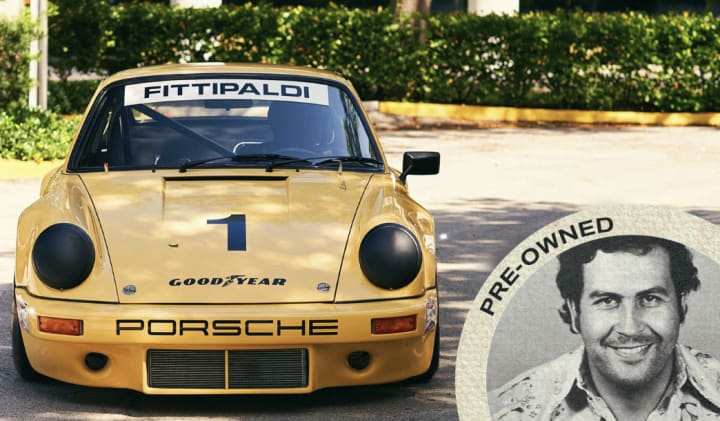
For example, Escobar was known to use a network of safe houses and hiding places throughout Colombia, including a network of tunnels that connected some of his properties. He was also known to use disguise and false identities to avoid detection, and he had a number of loyal followers who were willing to help him evade capture.
Despite these efforts, however, Escobar was eventually captured and killed in 1993, following a long and intense manhunt. His death marked the end of an era, and the Medellín Cartel soon fell apart. However, the drug trade in Colombia continued, and other criminal organizations have since taken the place of the Medellín Cartel as the dominant players in the industry.

In the years following Escobar's death, the Colombian government implemented a number of measures to try to curb the drug trade and bring stability to the country. These included reforms to the criminal justice system, efforts to strengthen the economy and create job opportunities, and programs to provide social services and support to disadvantaged communities.
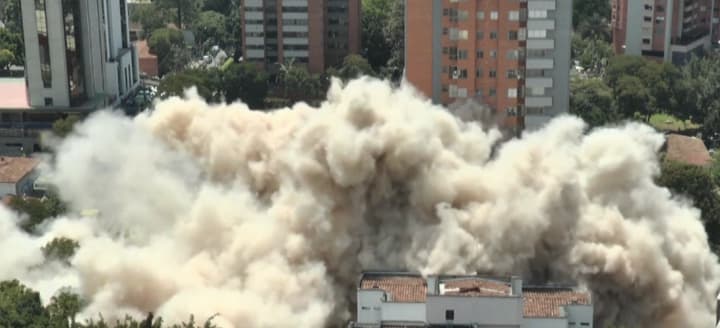
Today, the memory of Pablo Escobar and the Medellín Cartel still looms large in the collective consciousness of Colombia and the world. His story has been the subject of numerous books, movies, and TV shows, and he continues to be a source of fascination for many people. Some view him as a hero who stood up against the elites and used his wealth and power to help the poor, while others see him as a ruthless criminal who brought terror and violence to Colombia. Regardless of how he is perceived, there is no denying the impact that Escobar had on the drug trade and on the country of Colombia.
By Paul Smith
About the Creator
Paul Smith
I love writing stories on things that inspire me, I love to travel explore






Comments
There are no comments for this story
Be the first to respond and start the conversation.